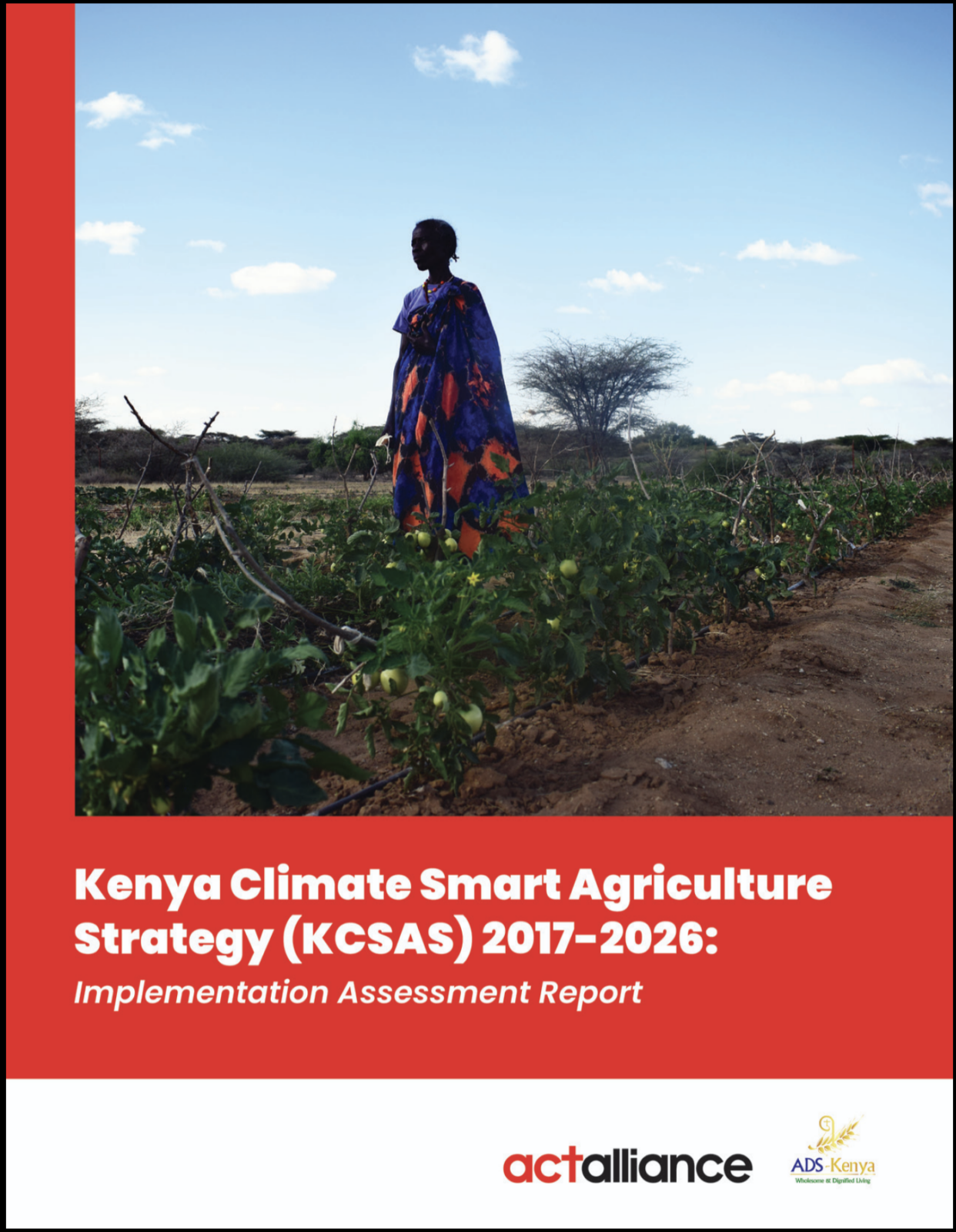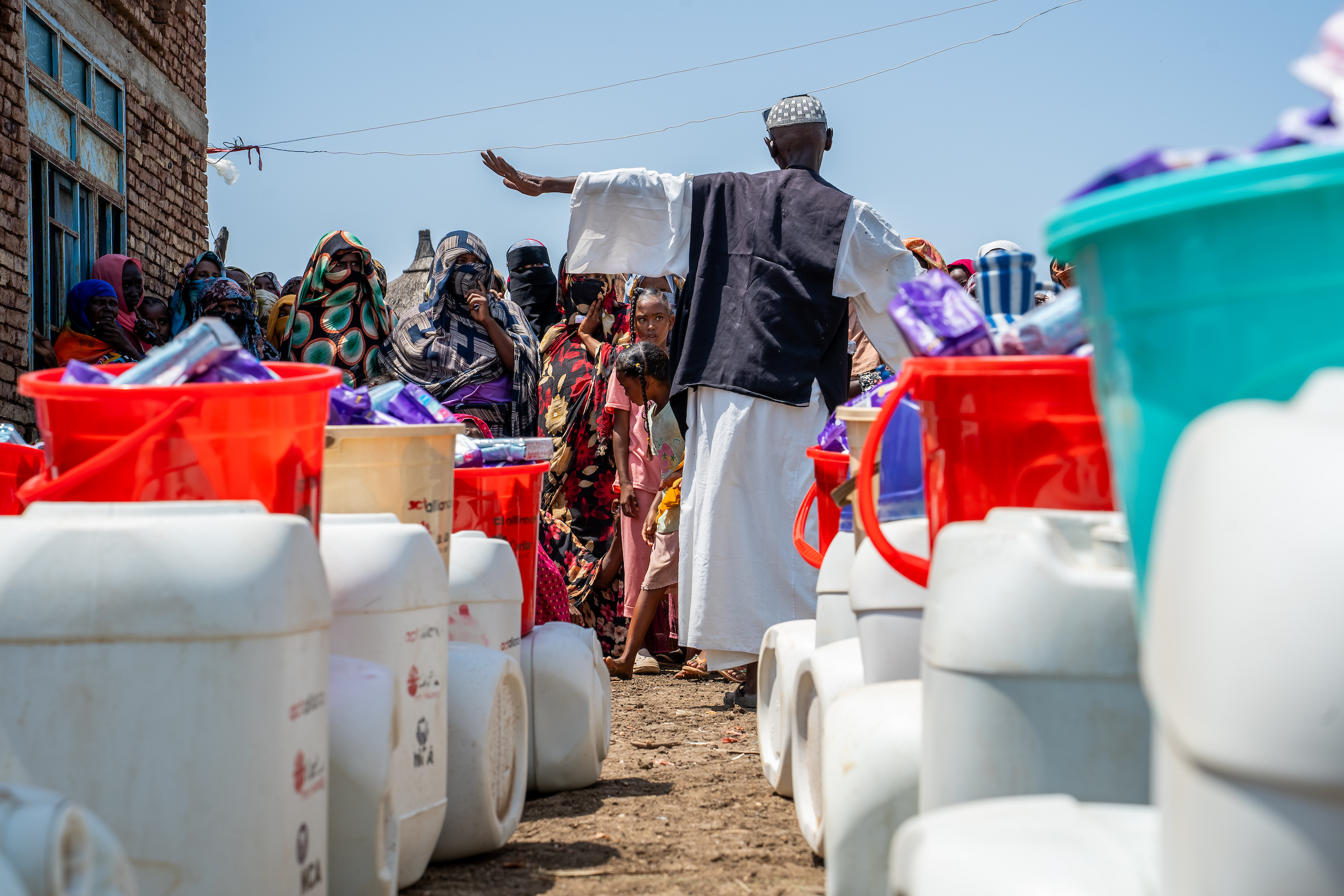By Mattias Söderberg
As world leaders gather in Baku, Azerbaijan for the UN Climate Summit COP29, the focus is squarely on climate finance – the linchpin that could determine the success or failure of global climate action. For years, climate summits have produced ambitious agreements and initiatives, from tripling renewable energy to transitioning away from fossil fuels. However, these laudable goals remain largely aspirational without adequate funding to back them up.
The urgent task at COP29 is to adopt a “New Collective Quantified Goal” on climate finance that is both ambitious and responsive to real-world needs. The current target of $100 billion per year is woefully inadequate, falling far short of what’s required to address the climate crisis effectively. But the new goal must be about more than just increasing the dollar amount.
Equally crucial is ensuring that future climate finance is accessible and allocated fairly. This means providing sufficient funding across mitigation, adaptation, and loss and damage initiatives. It also requires implementing gender-sensitive approaches, respecting human rights, and empowering local communities with ownership and access to funds.
Negotiations on future climate finance are challenging, with parties far apart in their positions. No one wants to foot the bill, but the harsh reality is that if responsibility isn’t taken, the cost will automatically fall on the world’s poorest and most vulnerable communities. This is fundamentally unjust.
Instead, the future goal should be built on the “polluter pays” principle, ensuring that those most responsible for climate change bear the financial burden of addressing it. This approach not only aligns with ethical considerations but also provides a practical framework for mobilizing the necessary resources.
The climate crisis is still manageable, but only if decisive action is taken immediately. The challenge lies in ensuring that all countries can participate in this global effort. Many nations in the Global South lack the capacity to implement necessary measures without access to climate finance.
As negotiations unfold in Baku, the international community must recognize that climate finance is not just about numbers on a balance sheet. It’s about enabling a just transition, protecting vulnerable communities, and safeguarding our shared future. The decisions made at COP29 will ripple through generations to come. It’s time for world leaders to step up, break the deadlock, and commit to a climate finance goal that truly meets the moment. Our planet’s future hangs in the balance, and the clock is ticking.
Mattias Söderberg is co-chair of the ACT Alliance Climate Justice Reference Group.
PHOTO: Albin Hillert/LWF




